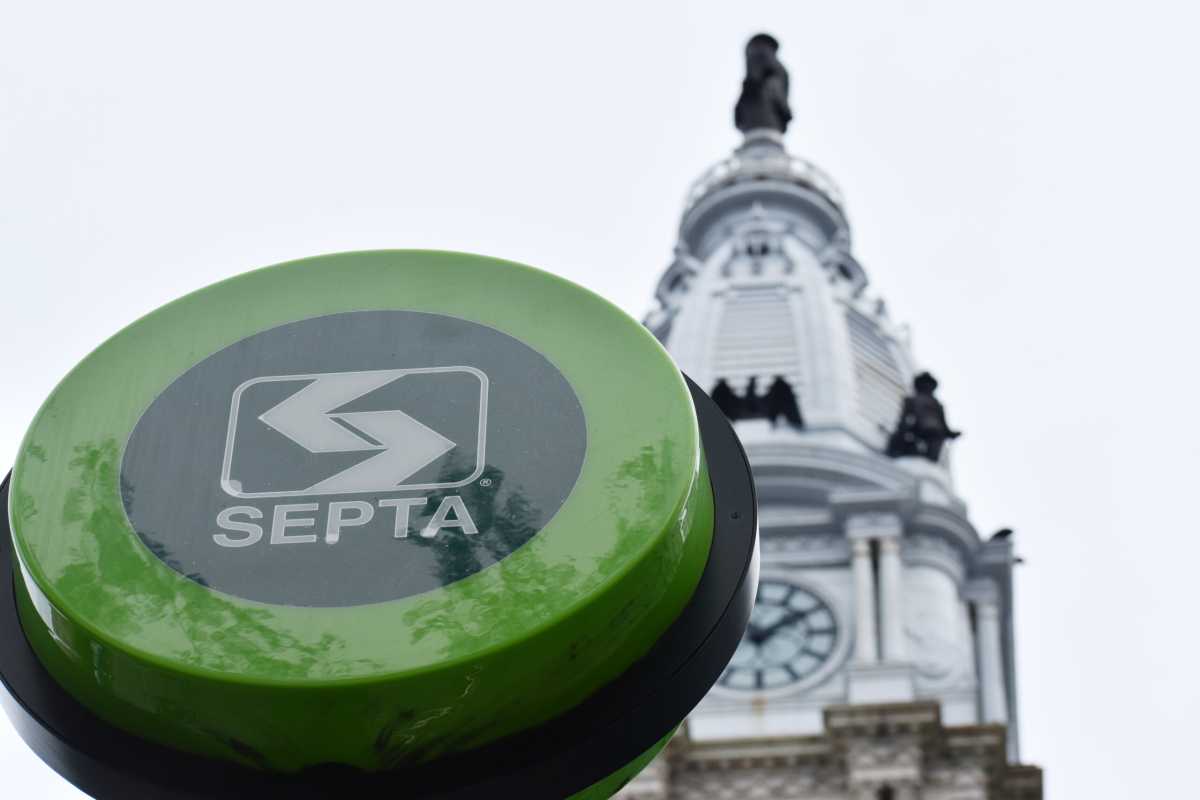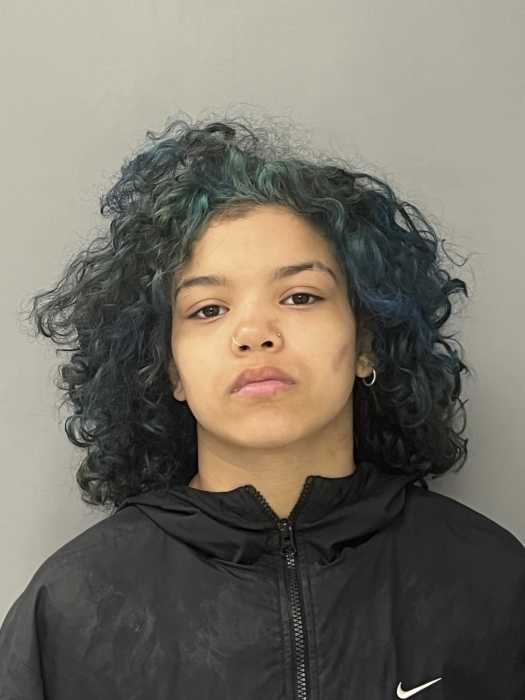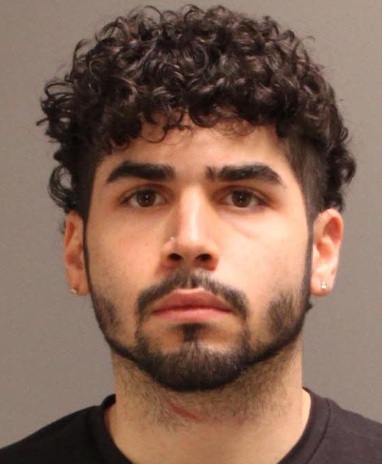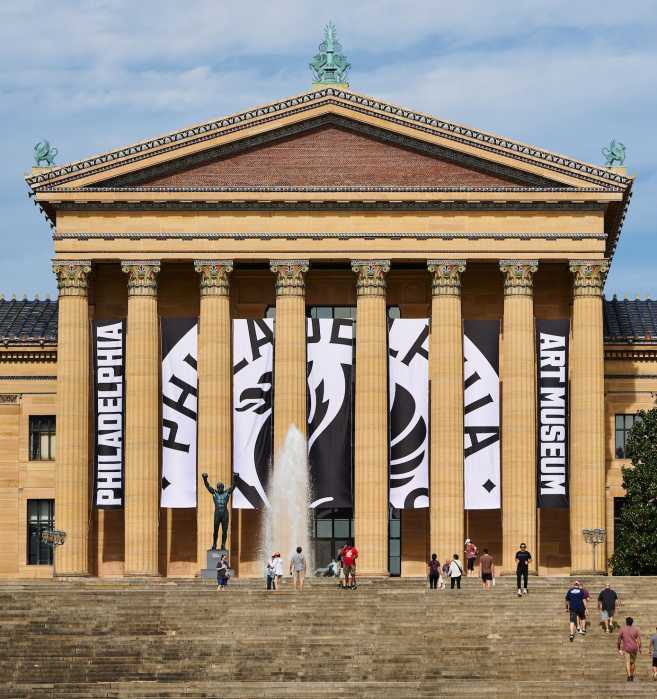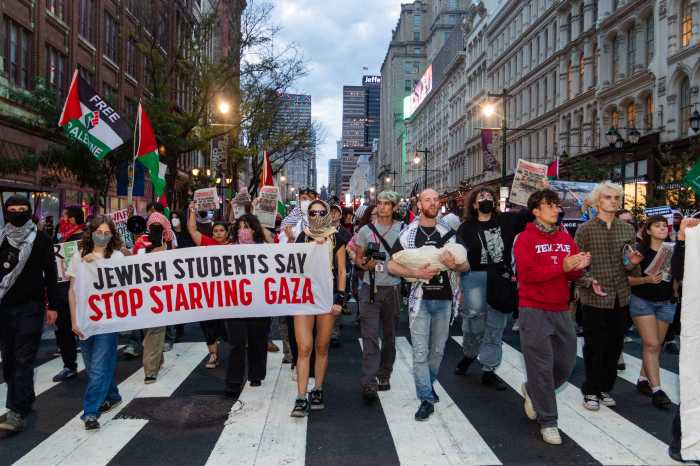Funding for public transportation, including SEPTA, is a major aspect of Gov. Josh Shapiro’s budget proposal, and he specifically mentioned the city’s transit system in his address to lawmakers Tuesday in Harrisburg.
Shapiro’s plan incorporates an additional $161 million for SEPTA, which would allow the authority to manage its ‘fiscal cliff’ without major service cuts and fare increases.
With federal coronavirus relief drying up, and ridership not back at pre-COVID-19 levels, SEPTA is facing a $240 million annual deficit, transit officials have said.
Leslie Richards, the authority’s CEO and general manager, told state legislators last year that, absent an influx of cash, SEPTA would enter a “death spiral” of cuts, layoffs and fare hikes. She has said the authority would need to slash service by 20% and hike cash fares to $3.
“This critical funding for transit will allow SEPTA to maintain service and continue to be the engine for our city and region,” Richards said Tuesday in a statement. “With budget certainty, SEPTA can move forward with needed service enhancements and initiatives to make the system cleaner, safer and more reliable.”
Shapiro’s proposal would allocate to public transit systems an additional 1.75% share of state sales tax revenue, without raising the tax rate. A total of $282.8 million in additional funding would go to agencies throughout the commonwealth.
SEPTA’s funding formula stipulates that an increase in state funding comes with a jump in local dollars, so the Governor’s Office is expecting Philadelphia and its four Pennsylvania suburban counties to kick in another $24 million. Shapiro said local officials are willing to entertain the idea.
“Today’s announcement is an important milestone,” said Kenneth Lawrence Jr., vice chair of SEPTA’s board, in a statement. “I appreciate Governor Shapiro’s leadership on this critical issue, and I look forward to working with him and our region’s legislative delegation to secure SEPTA’s future for our customers and communities we serve.”
Shapiro also said that, as part of budgetary talks, he has received assurances that SEPTA has plans to address high-profile safety and cleanliness issues that have affected the system.
SEPTA will still have to create a contingency plan in the coming months, in case the additional money is not included in the finalized state budget, authority officials said.
Transit leaders were hoping a similar increase would be incorporated as part of state fiscal code negotiations late last year. Though an initial bill that passed the Democratic-controlled state House of Representatives included the funding, the legislation that was ultimately approved in December left out the provision.
Republicans, who have a majority in the Senate, lampooned Shapiro’s overall budget proposal Tuesday as a wasteful spending package.
“We’re going to be in Harrisburg constantly in the coming months to make sure that lawmakers know that, even though we might not run service in their district, there’s an impact for having a strong SEPTA,” authority spokesperson Andrew Busch told Metro.



